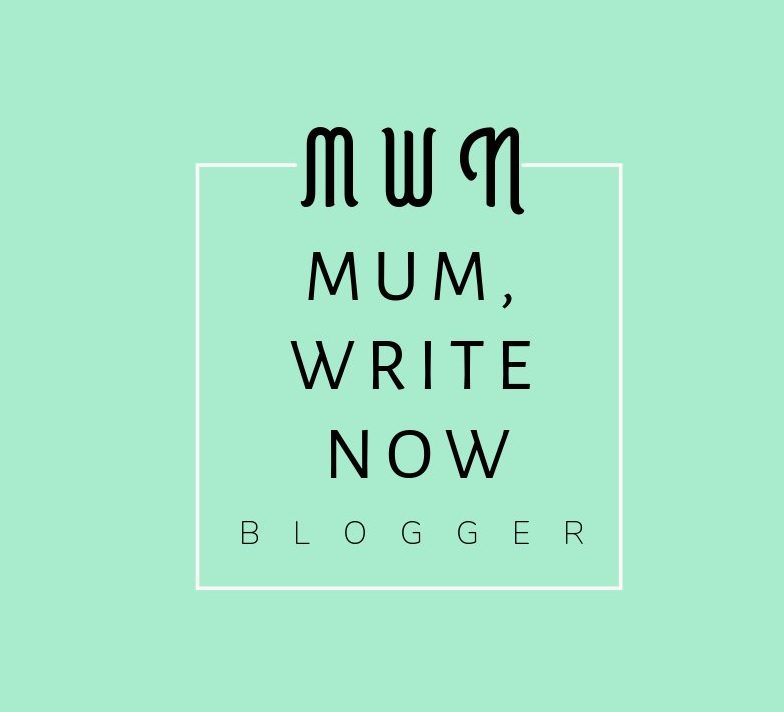As I round up the month, I consider the need to keep moving forward
There is a special sort of acceptance that comes with being a slow writer. Whilst productivity hackers will tell me I do have time to write, I will always say do just a little. But as I round up this month’s work, I have to contend with the reality of feelings of failure that I haven’t got that far. As I wrote this time last month I am developing an idea around how the antagonist meets and becomes closer to my protagonist. I have written a further scene with this in mind. But mainly I took myself to a cafe to do some thinking (drank coffee.)

I do think there is a place for driving your ambition, so it is hard not to beat myself up when I have wasted that quiet time I had drinking coffee and not writing. But I also need lots of quiet time and breaks to manage my life with chronic illness and as a SEND parent. But then again I shouldn’t even provide these excuses. Brene Brown explains that our perfectionism is a way of avoiding judgement and shame. So when I feel this sense of shame for not working harder, I have to remind my inner perfectionist I am making progress.

So with that confession out the way, I will go forward with a better mindset that says make progress, not perfection. Some things I did achieve: I started to share my writing prompts on the MumWriteNow instagram and managed a thirty-minute sprint. The hashtag is writerightnow if you want to join this Saturday. I also started publishing a fortnightly newsletter for the charity I volunteer for. So this month has included some writing even if it is not the perfect progress I would have liked.
And I do believe that without realising perfectionism was holding me back, this, I would have never put pen to paper. Perfectionism tells you: you left it too late, you can’t write that, you’re not unique, no-one wants to read this. I have always felt inadequate in my writing skills but secretly I wanted to write. Over the last ten years I have worked on ideas and progressed to the point where I do not feel worried or ashamed to saying I am working on a work-in-progress. Including myself







